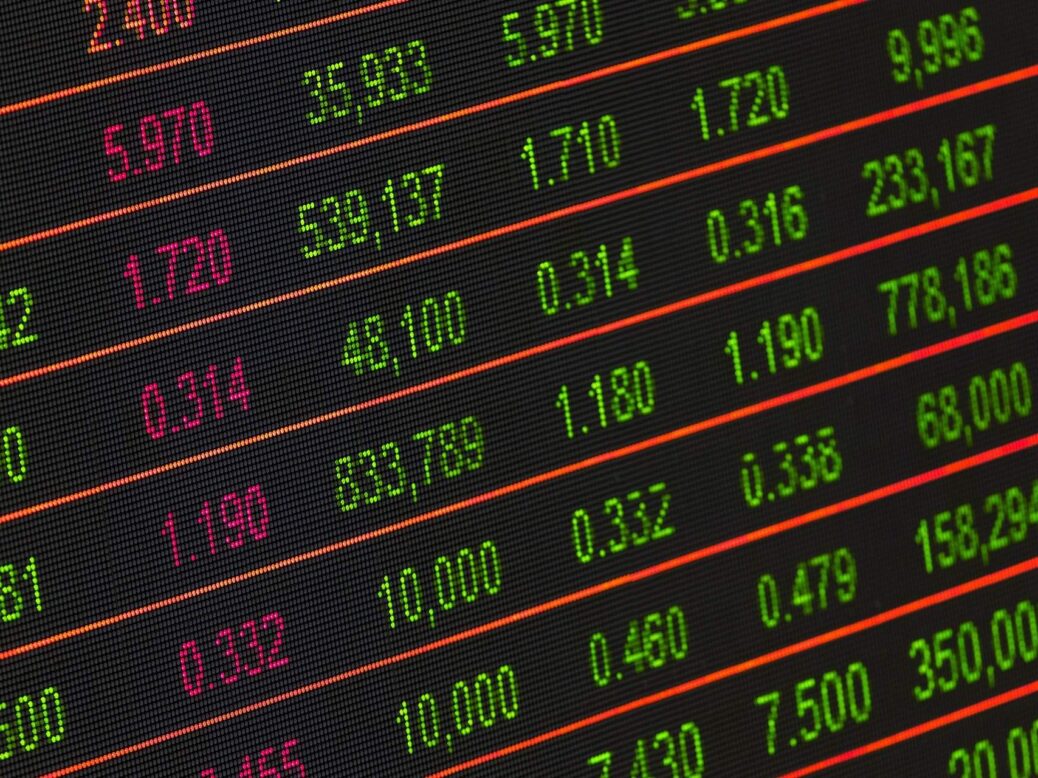
Swiss wealth manager Pictet forecasts a 5.7 per cent global recovery next year with China on course for ‘U-shaped’ recovery and the US facing ‘a reverse square route’
China has a 65 per cent chance of bouncing back from the Covid-19 shock with a U-shaped recovery – and just a 10 per cent chance of experiencing a V-shaped return to normal.
But the world’s second-largest economy has a 25 per cent chance of experiencing an L-shaped recovery if hit by ‘multiple waves’ of coronavirus bringing down domestic economy and global demand for its good, according to Pictet Wealth Management.
Overall the bank’s baseline scenario is for the world economy to contract by -4.1 per cent in 2020, before rebounding next year by +5.7 per cent.
For the world as a whole the Swiss wealth manager predicted a ‘long-U’ shaped recovery: ‘When people ask me, “is a U, is it V, or a W or an L?”, I like saying it’s going to be a mixture of Us, of Vs – it’s going to make a long U,’ says Cesar Perez Ruiz, CIO, and head of investments.
For the USA he had a different forecast, however – ‘Probably today in the US the best way to describe it [is] like a reverse square route,’ he said, ‘a plateau, that goes down, then up but not by much as before’. ‘What is really interesting is how fast monetary and fiscal policies have been able to respond to the events because it was very, very damaging.’
The Covid-19 crisis is unprecedented and has forced the first global recession since the Second World War, the bank said, though the oil situation and leverage levels were also contributing factors.
The good news is that the bank puts an 80 per cent chance on there being a vaccine for Covid-19 by year-end, available for at-risk groups by the end of the year and everybody by the summer of 2021.
In the meantime, it expects a breakthrough in the development of anti-viral drugs from one of the main pharma players to bridge the gap on treatment and ‘mitigate mortality rates’ from the virus while the world waits for the vaccine and its supply to catch up. This will improve market confidence and open up.
The impact of the virus should not be underestimated, said Perez Ruiz, pointing out that the world lost nine million jobs during the financial crisis. ‘It took us 10 years to create 20 million jobs and we lost that very, very fast – think exponential,’ he said. ‘We shut down the world and for every week we were shut we lost one to one-and-half per cent of global GDP.’
As well as the return to the growth in the Chinese economy, the impact of the virus and its management on the political scene in the US is vital, it said. ‘How the US perceives [how] the Trump administration has dealt with the virus will determine and help influence the outcome of the election which will determine the direction of the markets,’ Perez Ruiz said. ‘
Unlevered businesses
The bank urged investors to consider the ‘long term changes’ the virus had brought and ‘focus on the winners and losers’. ‘Be sure to buy businesses which are unlevered and don’t end up having to be rescued or taken over by somebody else.’
The firm looked to ‘structural growth’ in tech and biotech sectors. It also warned that shareholders may well end up paying the price for the crisis, from a financial perspective at least: ‘We have seen a tremendous drop across the equity space in terms of how much dividend is expected and is going to be paid,’ warned Perez Ruiz, adding that investors were being ‘called to contribute to the crisis.’
Asked to describe the shape of recovery of markets the CIO added: ‘I like to say all three: the V on the tech, the U on the S&P and maybe the L on the leveraged companies and small caps.’
Pictet said it was still underweight in equities amid concern of a Biden victory in November’s US election bringing market volatility on the back of possible reversals of Trump’s massive tax cuts. Long term, it also warned about the other crucial question of the outcome of the coronavirus crisis: ‘who pays the bill?’.
With countries taking unprecedented steps to stimulate economies through fiscal and monetary means, there is a debt to pay: Will it be corporates, the ultra-high segment or savers? For now, nobody can answer that question.
Read more
What Covid-19 is telling us about nation states
Cover story: where will Covid-19 leave us in five years?






